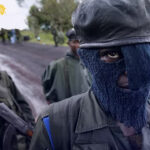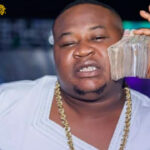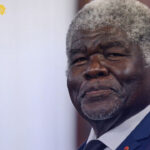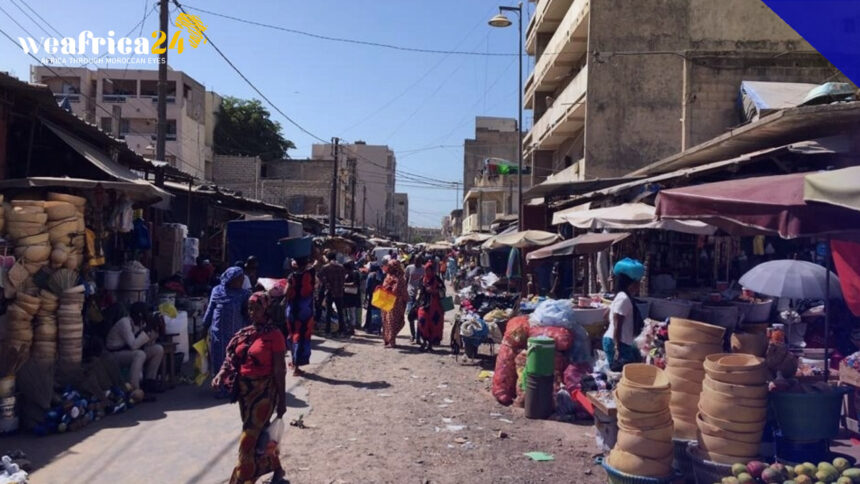It has now been more than ten days since Ousmane Sonko was sentenced. The first opponent of the country is still locked up in his Dakar home, which the police prevent him from leaving. After the days of demonstrations and violence that followed his conviction, life has gradually resumed its course in the Senegalese capital, which seems to have returned to normal daily life. A necessary lull that cannot last forever.
“People need to work and live,” says Ogo Seck, professor of political science at Gaston Berger University in Saint-Louis. He believes that the current “relative calm” is also the first achievement of the mediation of religious leaders with the various parties.
“There are also private entrepreneurs and personalities from civil society who try to bring points of view closer together,” underlines Moussa Diaw, who also teaches political science at UGB. According to him, the restraint of the various parties is linked to these ongoing initiatives, carried out with the utmost discretion and whose “effects are awaited”.
The fate that will be reserved for Ousmane Sonko, likely to be arrested at any time, and the judicial developments after the appeals filed by Adji Sarr and Ndeye Khady Ndiaye, are all elements of uncertainty.
President Macky Sall expects that the national dialogue will reach its conclusions before June 25th, and he will address the nation at the end of it in celebration of the very important Tabaski holiday on June 29th.
The Senegalese are waiting for answers on the question of his possible third term, the possibility for Ousmane Sonko, Karim Wade, or Khalifa Sall to run for president in 2024, or even on the fate reserved for opponents arrested in recent months.







